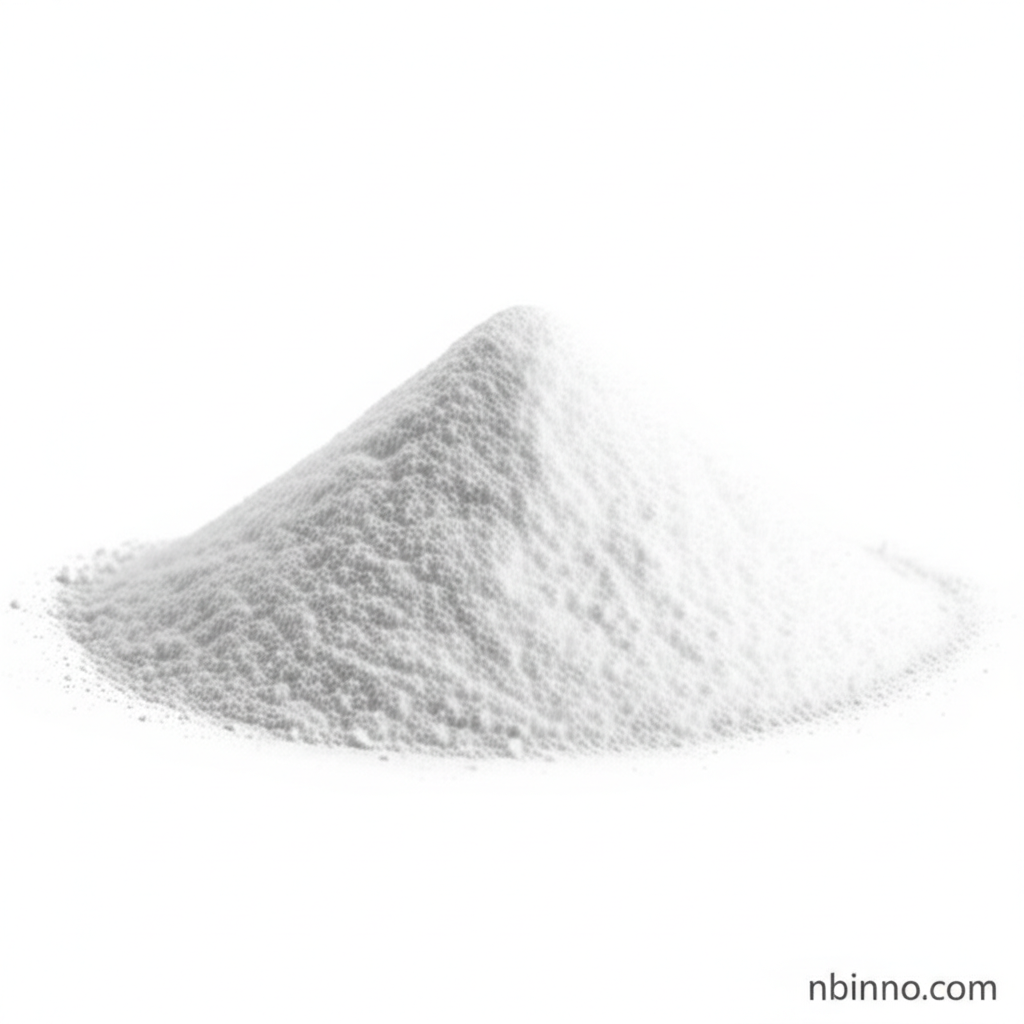EDC HCl: The Essential Water-Soluble Coupling Reagent for Peptide Synthesis and Bioconjugation
Discover the power of EDC HCl, a critical reagent for efficient amide bond formation, bioconjugation, and advanced chemical synthesis. Explore its applications and advantages in modern research.
Get a Quote & SampleProduct Core Value

1-Ethyl-3-(3-dimethylaminopropyl)carbodiimide hydrochloride
As a leading supplier in China, we offer EDC HCl, a highly effective water-soluble carbodiimide crucial for activating carboxyl groups. This reagent is indispensable for forming stable amide and ester bonds, making it a cornerstone in peptide synthesis and various bioconjugation applications. Its ease of use and the water-soluble nature of its byproduct simplify purification processes, a key advantage for efficient laboratory workflows.
- Activate carboxyl groups EDC for robust amide bond formation, enabling complex peptide synthesis.
- Facilitate bioconjugation EDC HCl reactions by crosslinking biomolecules with high efficiency.
- Achieve reliable amide bond formation EDC, crucial for developing new therapeutic agents.
- Benefit from easy EDC HCl byproduct removal through simple aqueous extraction, streamlining purification.
Advantages Offered by EDC HCl
Simplified Purification
The water-soluble byproduct of EDC HCl allows for straightforward removal via aqueous extraction, unlike less soluble byproducts from other reagents, thus enhancing process efficiency and product purity.
Versatile Reactivity
EDC HCl acts as a potent coupling reagent for the synthesis of amides and esters EDC, and is also utilized with additives like N-hydroxysuccinimide for advanced bioconjugation tasks.
Broad Applicability
From intricate peptide coupling agent EDC protocols to modifying surfaces and creating drug delivery systems, EDC HCl is a go-to reagent in organic synthesis and beyond.
Key Applications
Peptide Synthesis
EDC HCl is fundamental in creating peptide chains by facilitating the formation of peptide bonds between amino acids, a core process for peptide synthesis reagents.
Bioconjugation
It enables the covalent attachment of molecules like antibodies, proteins, and nucleic acids, crucial for diagnostic tools and advanced research in bioconjugation chemistry.
Surface Modification
EDC HCl is used to immobilize biomolecules onto surfaces, vital for developing biosensors and diagnostic devices, showcasing its role in organic synthesis coupling agents.
Pharmaceutical Development
Its ability to form amide bonds efficiently makes it a key component in synthesizing prodrugs and various pharmaceutical intermediates, supporting the role of pharmaceutical intermediates.
